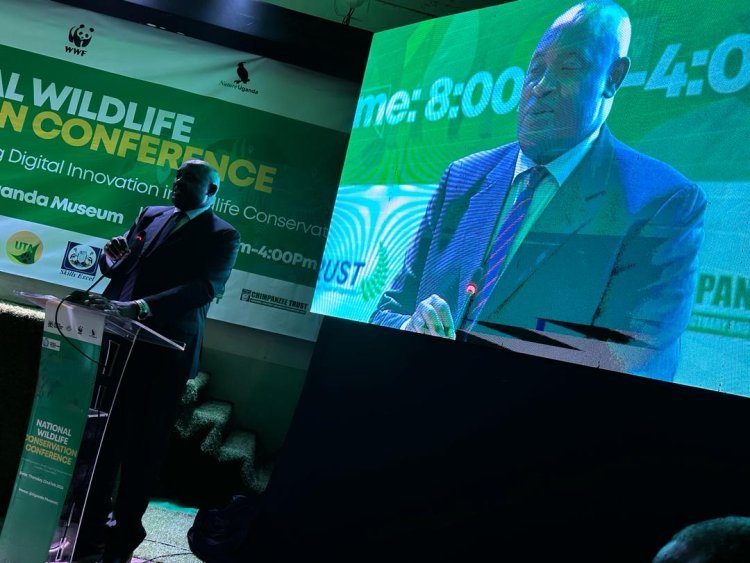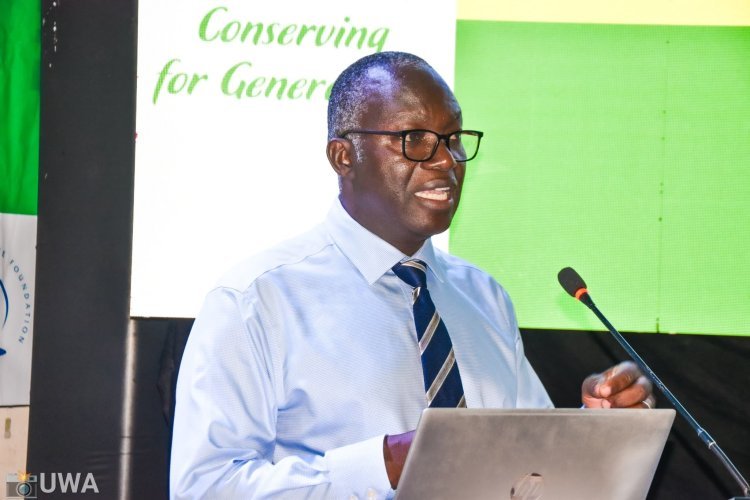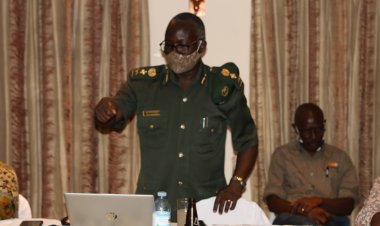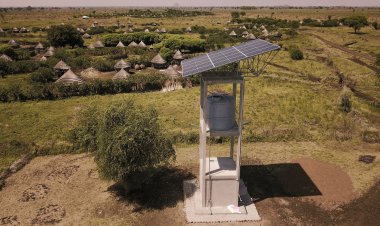The National Wildlife Conservation Conference held earlier today at the Uganda museum is one of the activities to mark World Wildlife Day which falls on March 3, 2024.
The Main celebrations will be held in Kyenjojo with H.E President Kaguta Museveni expected to preside over.
This year's World Wildlife Day is running under the theme; "Connecting People And The Planet: Exploring Digital Innovations For Wildlife Conservation."

While presenting his speech, Uganda Wildlife Authority's (UWA) Executive Director, Sam Mwandha, unveiled an ambitious vision centered around this theme. This groundbreaking initiative aims to propel UWA as a global leader in wildlife preservation by harnessing the power of technology.

Mwandha emphasized UWA's strategic plan, designed to leverage digital innovations for the protection of endangered species and their habitats.
He highlighted the pivotal role of technology, citing the integration of specialized software such as Earth Ranger Technology in wildlife management practices.
These tools, he says, enable real-time data analysis during wildlife surveys, mitigate human-wildlife conflicts, and fortify protection measures.

"Technology plays a crucial role in our conservation efforts," noted Mwandha.
"The advantages are manifold, ranging from heightened efficiency and cost savings to improved data management and real-time monitoring. It's a game-changer in our fight to protect wildlife." He added.
Despite the promising prospects of technology, challenges persist. Mwandha highlighted while breaking down some including; high costs, limited human capacity, user apathy, and the necessity for frequent technological upgrades due to evolving innovations.
"Overcoming these obstacles stands as a critical imperative for the success of UWA's conservation endeavors." He noted.





































